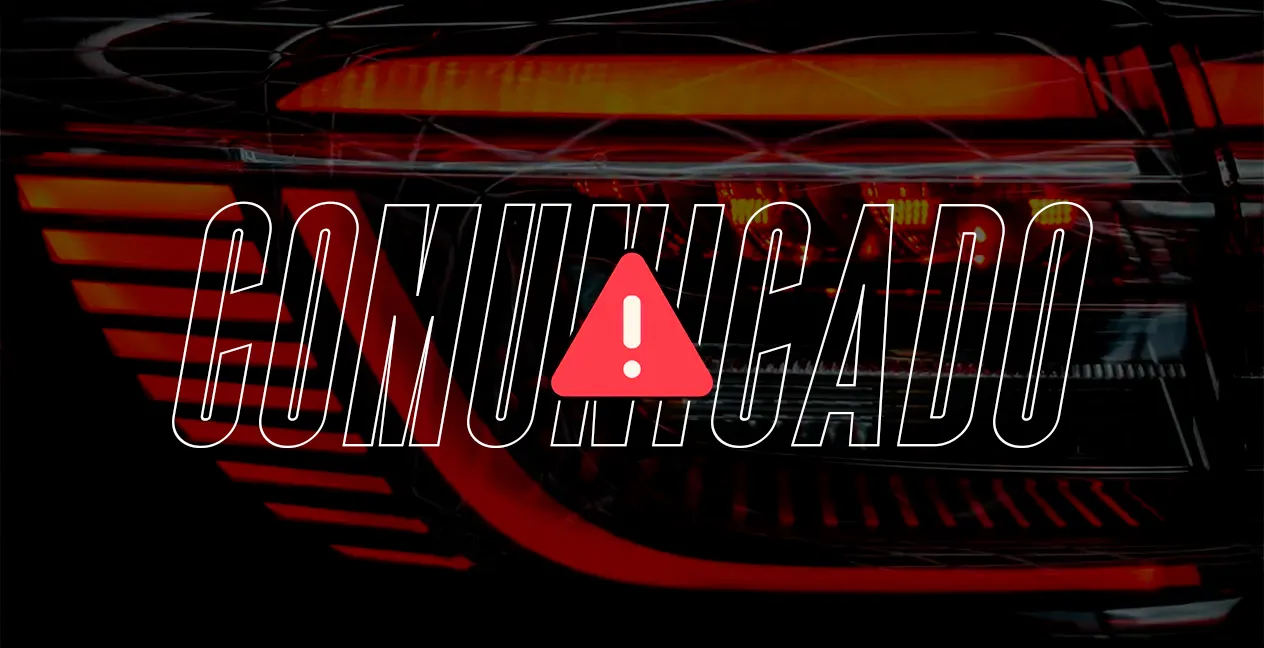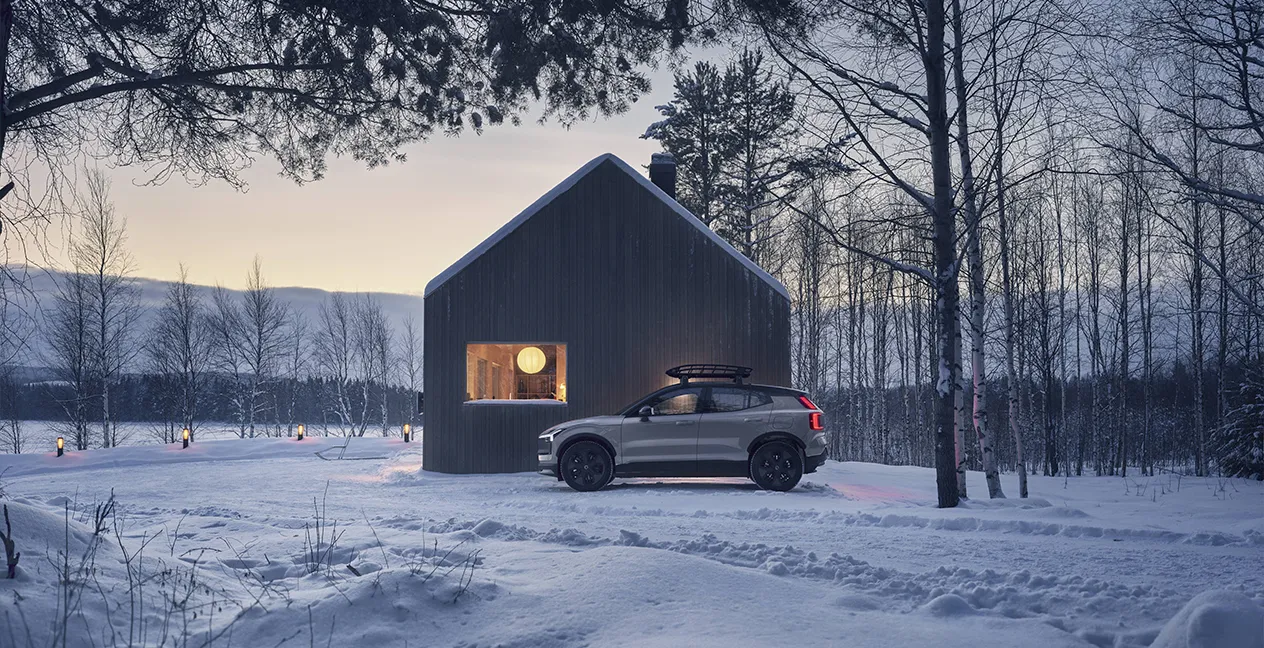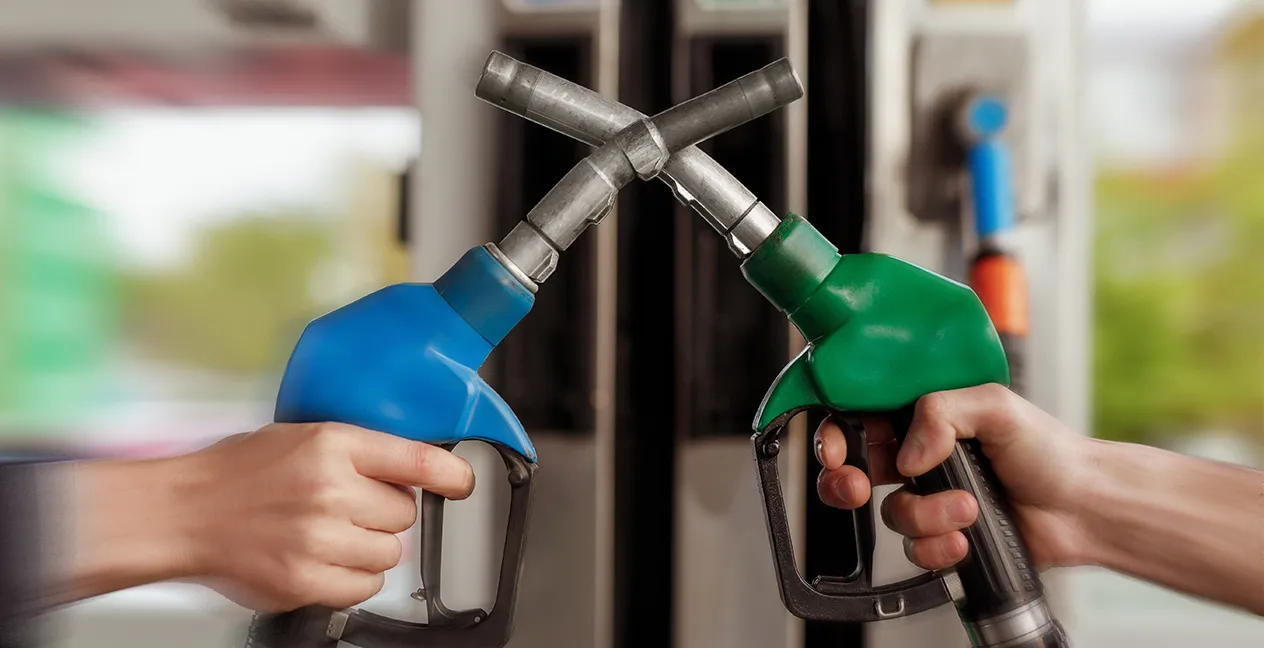Current Affairs
News

ALERT - Attempted fraud on behalf of Benecar
Created by Benecar at Saturday, 18 January 2025

Benecar remains Five Star
Created by Paulo Borralho at Monday, 13 January 2025

The History of the Volkswagen Golf
Created by Lucas Luis at Friday, 21 February 2025

Formula 1 2025 presentation
Created by Lucas Luís at Wednesday, 19 February 2025

David Carreira gave a concert at a car dealership
Created by Paulo Borralho at Monday, 17 February 2025

Campaign Mais Idade, Mais Desconto 2025
Created by Paulo Borralho at Thursday, 13 February 2025

The History of the Lancia Delta Integrale
Created by Lucas Luis at Tuesday, 11 February 2025

The EX30 Cross Country has arrived
Created by Paulo Borralho at Tuesday, 11 February 2025

I put the wrong fuel in my car
Created by Tiago Fernandes at Monday, 3 February 2025






